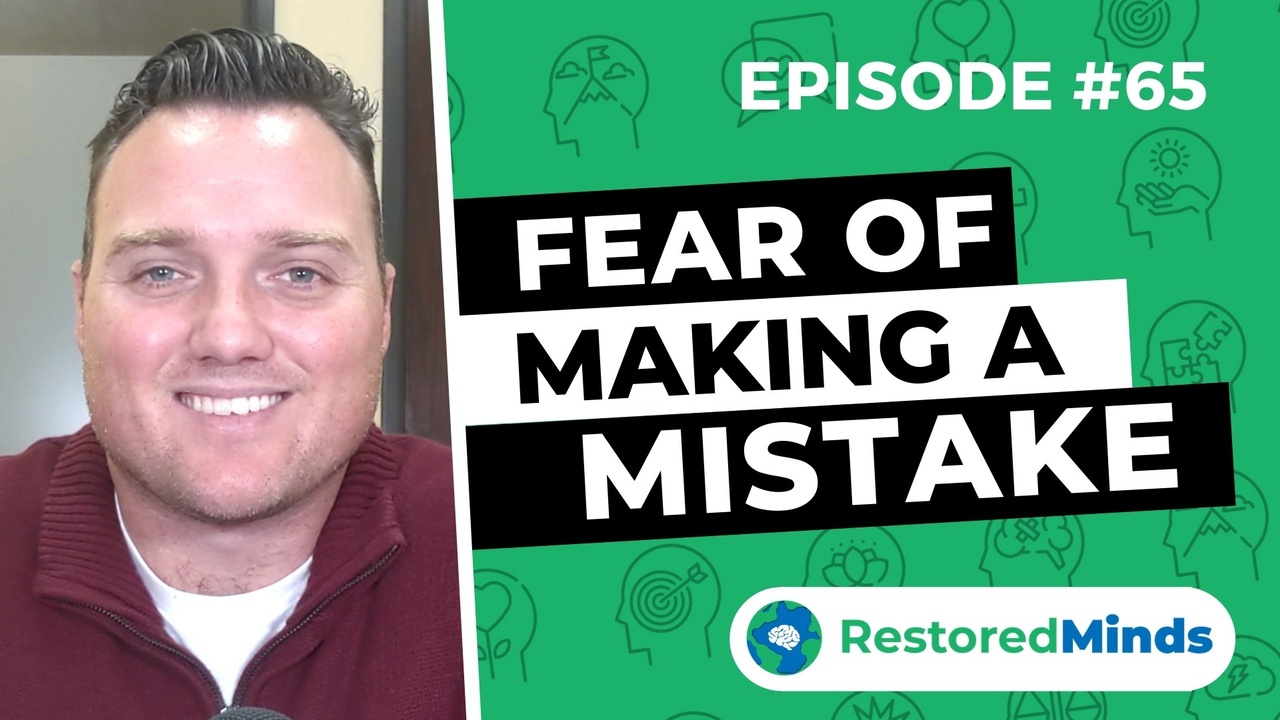Fear of Making A Mistake
Jan 28, 2021
Fear of Making a Mistake: Practical Steps to Overcome it
Understanding the Fear
When it comes to anxiety, fear of making a mistake can become all-consuming. Anxiety often thrives on "what if" scenarios – speculations about the future or fixations on past errors. This constant worrying can actually increase the likelihood of making mistakes because it distracts you from being fully present and focused on the task at hand.
Recognize Your Thoughts
The first step to overcoming this fear is recognizing when and where your anxiety about making a mistake surfaces. Pay attention to the "what if" questions that pop into your mind. What if I mess up? What if people judge me? Being mindful of these thoughts is crucial because it helps you detach from them, rather than getting caught in a loop of anxiety.
Notice Your Behaviors
Next, observe the behaviors you engage in to manage this anxiety. Do you double-check your work excessively? Do you avoid tasks because you're afraid of screwing up? These behaviors, although they might provide short-term relief, actually reinforce your fears in the long run. They create a cycle where the fear continues to grow, making you feel less capable.
Understand the Root Cause
It's not just the mistake itself that you're afraid of—it’s what you believe will happen because of that mistake. Are you afraid of being judged? Rejected? Made fun of? Identifying the underlying fear can offer more insight into your anxiety and provide a clear target for your efforts to combat it.
Practical Steps to Overcome the Fear
So, how do you start breaking free from this cycle? Here are three vital steps:
-
Detaching from Negative Thoughts:
-
Recognize the "what if" scenarios in your mind.
-
Practice mindfulness to stay present in the moment.
-
Remind yourself that these thoughts are just thoughts, not reality.
-
-
Modifying Your Behaviors:
-
Identify behaviors that reinforce your fear, such as excessive checking or avoiding tasks.
-
Gradually reduce these behaviors to weaken the anxiety cycle.
-
Take small, manageable steps to challenge yourself.
-
-
Addressing the Core Fear:
-
Explore what you’re truly afraid of—social rejection, judgment, etc.
-
Use narrative therapy or other techniques to expose yourself to these fears in a safe, controlled manner.
-
Create a plan to tackle these underlying fears directly.
-


